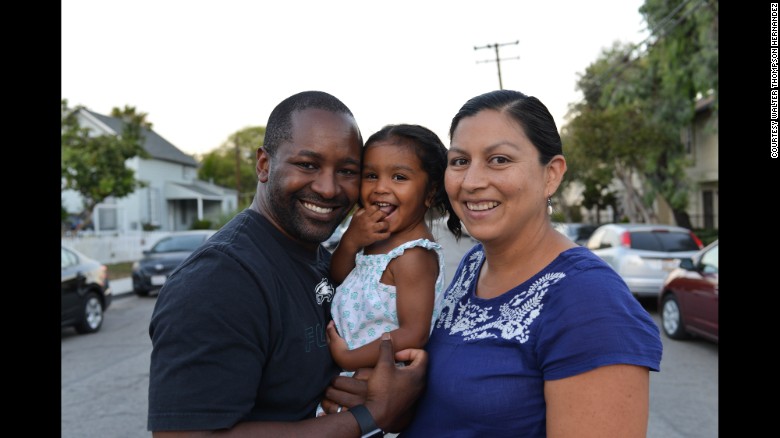As Dear White People receives much deserved praise for its “diverse” representations of Black characters, the conversation on mixed race identity fails to be fully engaged with and must continue. The hypervisibility of mixed race women as video vixens, eroticized Others, or Tragic Mulattas flattens the complexities of negotiating a mixed-race identity within a Black-White binary. Rather than reinforcing this problematic binary with movies and TV shows in which characters have to “pick a side” or are placed within “colorblind” settings, we must demand that characters choose not to remain fixed within a singular identity performance. The tired tropes of mixed race women’s sexuality are not harmless entertainment, but have devastating consequences off-screen because they are translated to interpersonal relationships.
Jazlyn Andrews, “EMERGING FEMINISMS, (F)Act of Blackness: The Politics of Mixed Race Identity,” The Feminist Wire, February 25, 2016. http://www.thefeministwire.com/2016/02/30379/.
